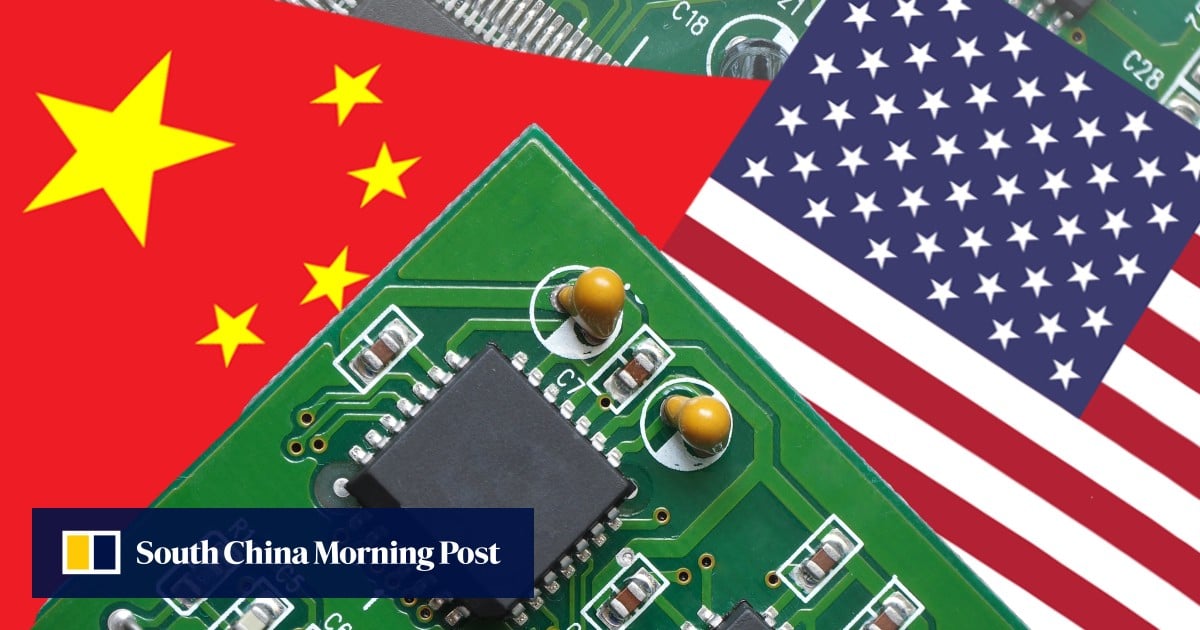Meanwhile, Google last week removed RISC-V support from the Android kernel, which is the computer program at the core of the operating system.

The move will slow down the plans of RISC-V chip vendors targeting Android systems and devices, according to William Li, analyst at research firm Counterpoint.
Although developers can still restore RISC-V support by themselves, that will “take more work than would otherwise be necessary”, said Stewart Randall, head of electronics and embedded software at consultancy Intralink.
The global impact is likely to be limited because “most companies designing chips around RISC-V are not designing chips for Android devices”, said Randall. But in China, there are at least 300 companies using RISC-V, with almost all major tech players backing the standard.
Of the 25 premier members at RISC-V International, the non-profit group aimed at promoting the technology, over half are from China. They include Alibaba Cloud, Huawei Technologies, ZTE, and the state-sponsored Beijing Institute of Open Source Chip.
Other premier members include Google, Intel and Qualcomm.
Despite growing worries in the US, China’s contribution to RISC-V remains strong, Zhang Xiaorong, director of the Beijing-based Cutting-Edge Technology Research Institute, was quoted as saying in a recent Global Times report.
Companies already working on RISC-V support in Android are also unlikely to end their projects, “though there’s quite a bit of work still ahead”, said Counterpoint’s Li.

